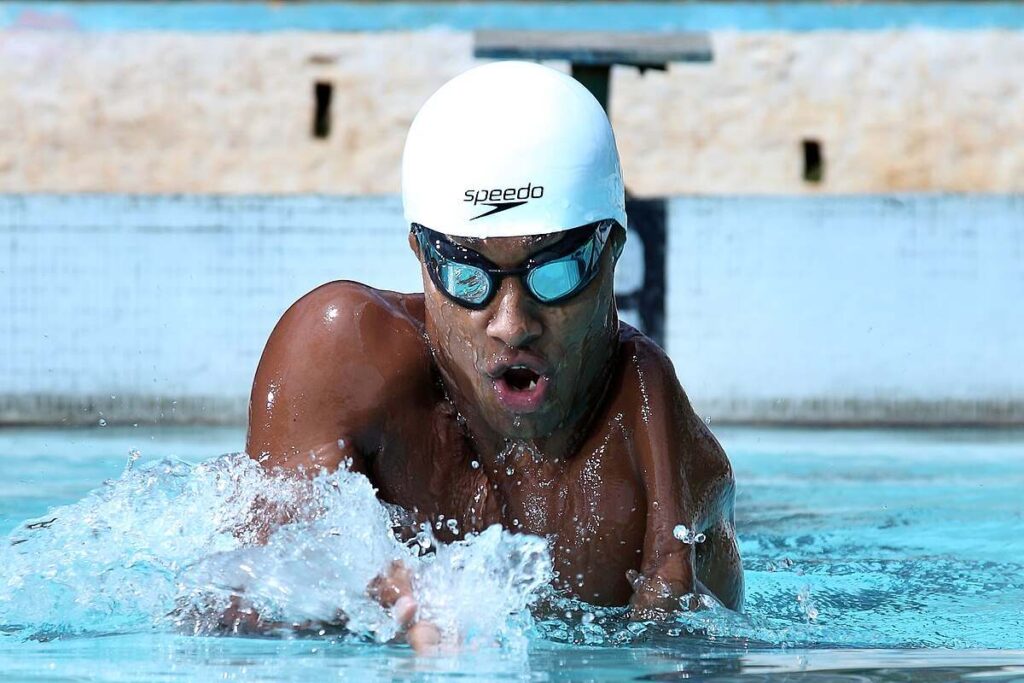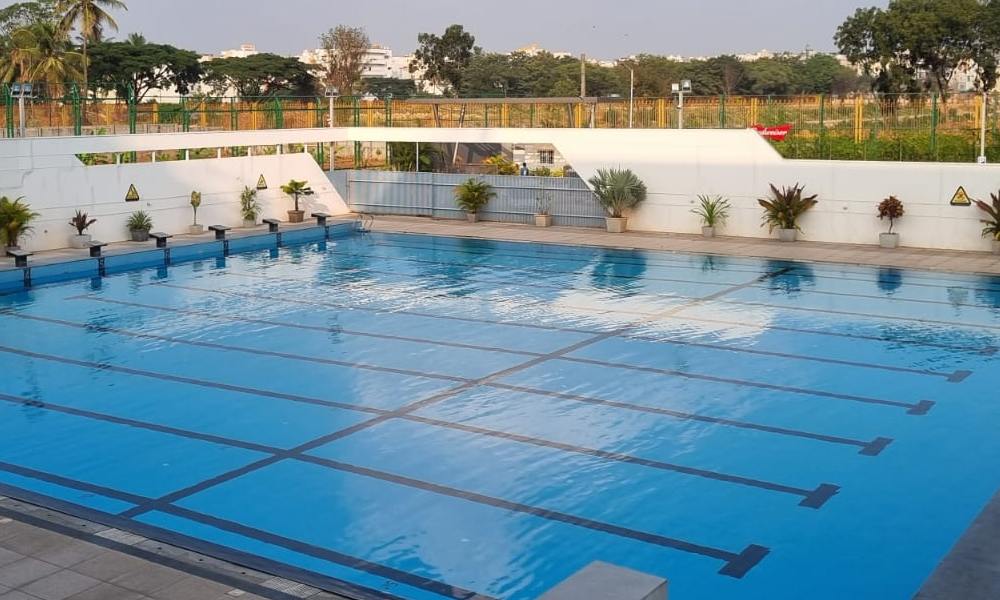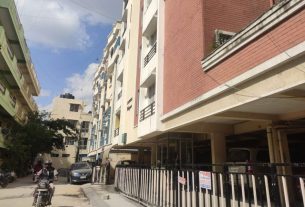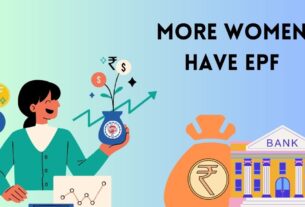Considering India’s achievements in Paralympics, parents of differently-abled children are demanding exclusive swimming pools or reasonable time slots in public pools.
Differently-abled children and their parents are having a tough time getting access to the swimming pools in the city. The city currently has no swimming pool exclusively allotted for disabled children. Parents said that pools which allow them to swim sometimes allot unreasonable time slots and impede access.
The Karnataka Swimming Association (KSA) agreed that currently there are no swimming pools allocated for them.
Rohit, developmental officer at KSA said that earlier they provided swimming training for disabled children in Bosco Mane, Chamrajpet, occasionally. “We trained them in Basavanagudi Aquatic Centre, earlier. At present, we are not training them. But now, sometimes our coaches train special kids,” he said.
There are nine BBMP swimming pools in the city. However, BBMP officials admitted that they are not aware of swimming pools in the City.
Dr. Divya Bharati, physiotherapist, Center for Pediatric And Adult Rehabilitation (CAPAAR), explained the benefits of water comparing to land-based exercises, for both motor and sensory disabilities. She said that for children with Autism Spectrum Disorder (ASD), the water pressure helps release dopamine, which counteracts with the adrenaline and calms the child by reducing hyperactivity.
Dr. Divya said, for motor disabilities, related to movement, co-ordination and sensation, both instructor’s and child’s pressure becomes low and training becomes easy in water.
“When you do stretching and strengthening exercises on land, the child resists a lot and it become difficult and painful for them. The buoyancy and thrust provided by the water automatically helps the child float in the water. The child accepts the pressure of the water.”
Kavitha Chittiappa, a national-level diver and swimmer who coaches swimmers and provides aqua therapy to children with special needs, mentioned the need for swimming pools exclusively for differently-abled children. “Integration doesn’t work here. The teacher is going to be distracted, and won’t be able to focus on either the special kids or the other kids.”
Rohit said that it is very difficult to monitor them along with other children. “Some might be hyperactive, some might be very slow. Some may not show any reaction. We need 100 percent attention on them when we are training,” he said.
However, Pradeep Khandelwal, accessibility rights activist said that inclusion is good, as all children get to play together. “This will help in normalization and to accept everybody around us irrespective of their physicality.” He said that better accessibility will help children participate and contribute and provide them a good social life.

Sharath Gayakwad, Indian Paralympic swimmer said that he is currently coaching 60 to 70 children along with six differently-abled children.
He said that swimming helps with their holistic development and improves their mental health. “Be it for the differently abled or for a normal person, health is the most important thing. For someone who is wheelchair bound, who is always sitting, swimming helps a lot.”
Malathi, parent of a special child said that swimming and hydrotherapy are very beneficial for people with special needs. She said that not many parents know about it, and it is good to spread awareness. But, there are very few facilities. “Physical activities are crucial to them to stay healthy. The pool is a safe place for them, provided they have a good coach to guide,” she said.
Her son has autism and is hyperactive. The pool helps him focus, and calms him. She said that children with autism don’t know fear. “The positive aspect of his lack of fear is that, he can learn everything very quickly,” Malathi said that he is really good at swimming and skating.
She added that the parents are struggling with swimming pools denying access.
Unnathi Ray, parent of a disabled child said that only one or two pools give access to disabled children. “We live in Yelahanka. It takes more than one hour for us to travel to the swimming pool. And after travelling, sometimes we don’t get access. They can give at least a few hours to our children too,” she said.
Kavitha, the coach pointed out how people should be more sensitive about the issue. “Why can’t corporates come forward and build activity centres for the children, as part of Corporate Social Responsibility (CSR)?” she asked.

Referring to India’s achievement in Paralympics, KSA development officer said that with care and good coaches, they are ready to take one-on-one classes for disabled children, who are interested in training. He put the onus on parents saying, “Usually there are no special batches for them. It all depends on enquiry. If an individual come and say their child want to learn swimming, we are ready to train them.”
Rohit said that there are private pools operating separately, in which disabled people are currently being trained. He also mentioned a pool in Whitefield, which is currently training five to six disabled people, under Sharath Gayakwad, an Indian Paralympic swimmer.
Mr. Gayakwad said that there are not many new people coming in right now. “We need a lot of people. There are mentors who are not only willing but are already doing a good job,” he said.




